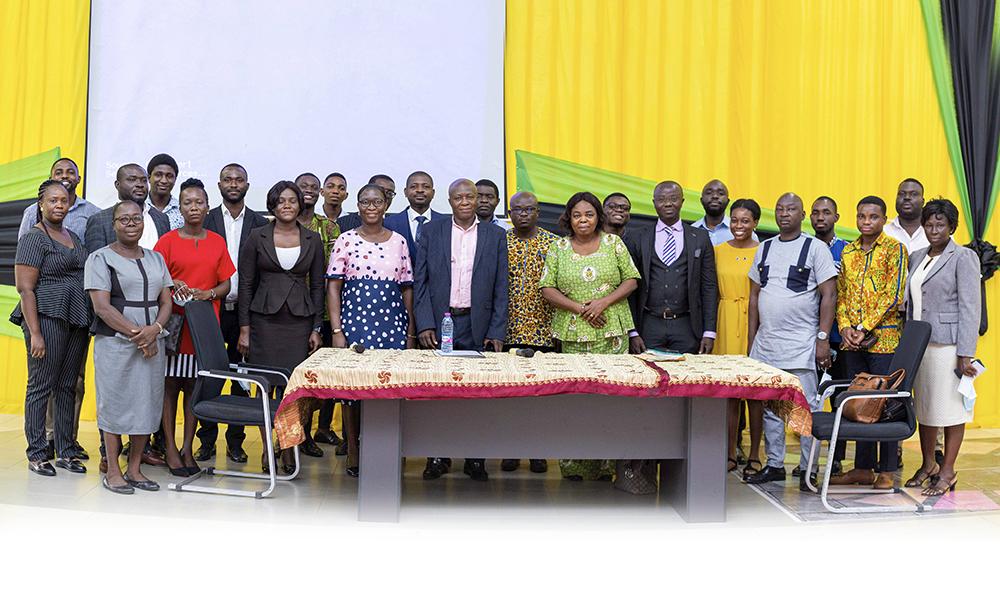The Faculty of Law of the Kwame Nkrumah University of Science and Technology (KNUST) in collaboration with the Law Reform Commission has organised an intra-faculty dialogue session on ‘Unfair Contract Terms’ for students, staff and members of the Ghana Bar Association on Thursday, 9th September 2021.
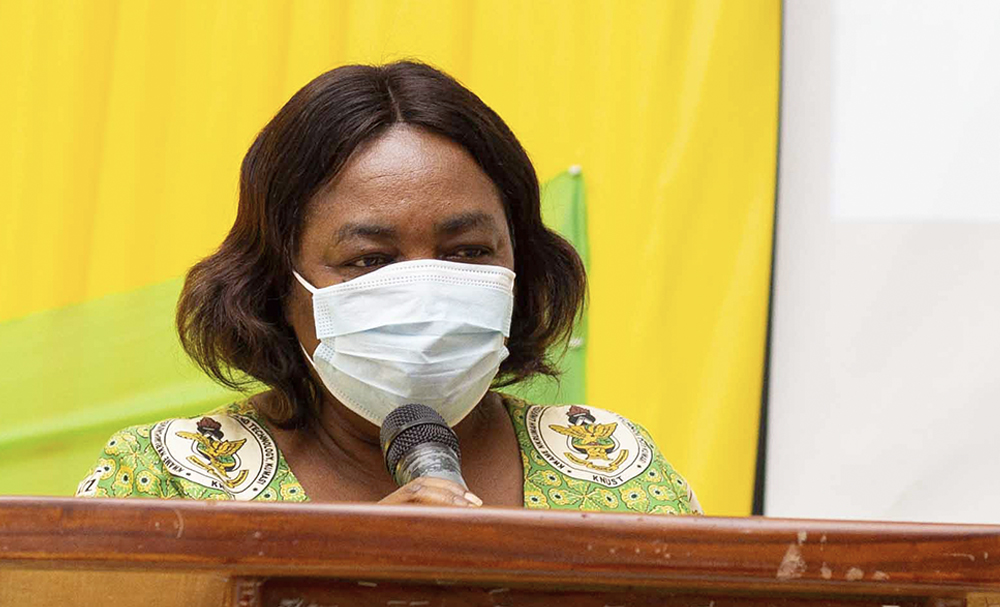
The goal of the conversation, according to Professor Lydia Apori Nkansah, Chairperson and Dean of the Faculty, was to submit their research response and submission to the Law Reform Commission's study on "Ghanaian Customary Conventions that may lead to Unfair Contract Terms."
The scholarly discussion, according to Professor Lydia Nkansah, was aimed at encouraging legal reforms in the country. She hoped that the lead discussants and participants would have a productive discussion and come up with possible ideas to help the Law Reforms Commission.
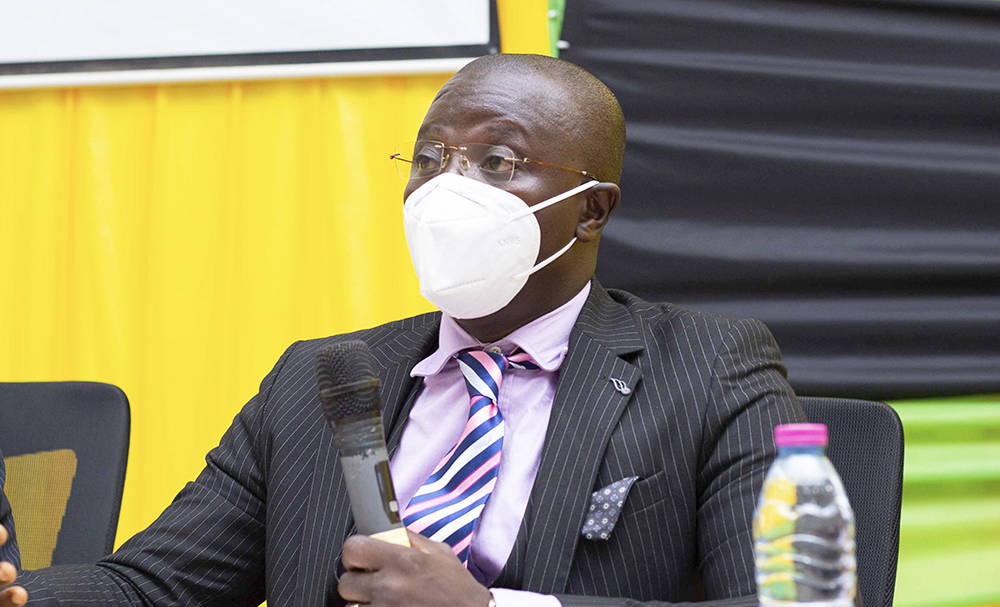
According to the Lead discussant, Dr. Ernest Owusu-Dapaa (Head of Department of Commercial Law), a ‘Term of Contract’ is a statement or representation that forms an essential part of a contract and defines the rights and obligations of the parties under the agreement. However, where the terms are usually to the benefit of one party, those terms are referred to as ‘Unfair Contract Terms’.
Dr. Owusu-Dapaa revealed that in dealing with issues of unfair contract terms, there is the need to have a dedicated legislation that regulates the relationship between parties to a contract. ‘The need for legislative intervention in Ghana to regulate unfair contract terms is long overdue. In the United Kingdom, legislative intervention took place with the Unfair Contract Terms Act of 1977. In Ghana, where most people are illiterate, statutory control of contract terms, particularly in consumer contracts, is a must’, he stressed.
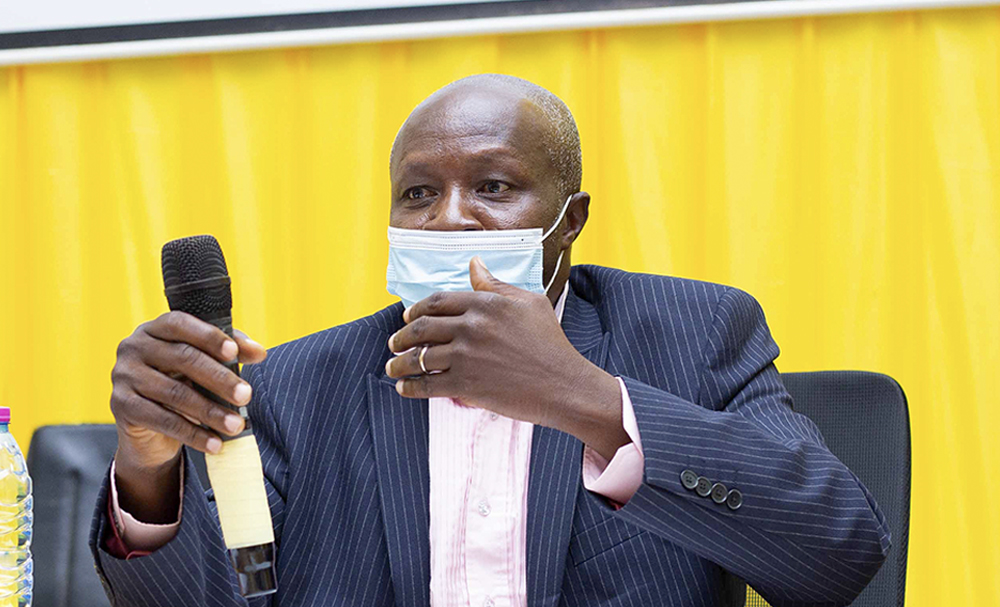
A Senior Lecturer at the Department of Public Law, Dr. Stephen K. Sondem also indicated that Freedom of Contract is a fundamental part of English Law, however, this freedom is not unlimited, hence, Parliament must intervene to regulate the use of certain types of contractual terms. The notion of good faith and fair dealings must be the driving force in the law of contract in Ghana. These notions, he said, reflect our traditional values in commercial transactions. He noted that the Faculty of Law recommends the enactment of law to prohibit the use of unfair terms in consumer contracts that have not been individually negotiated. Also, the regulations should include implied terms like those in the Sale of Goods Act that protects buyers/consumers.
Dr. Sondem added that incorporating such implied terms will limit the scope of exemption/limitation clauses that may form part of the contract. ‘There should be a distinction between limitation/exemption clauses relating to selling second-hand goods and brand-new ones’, he explained.
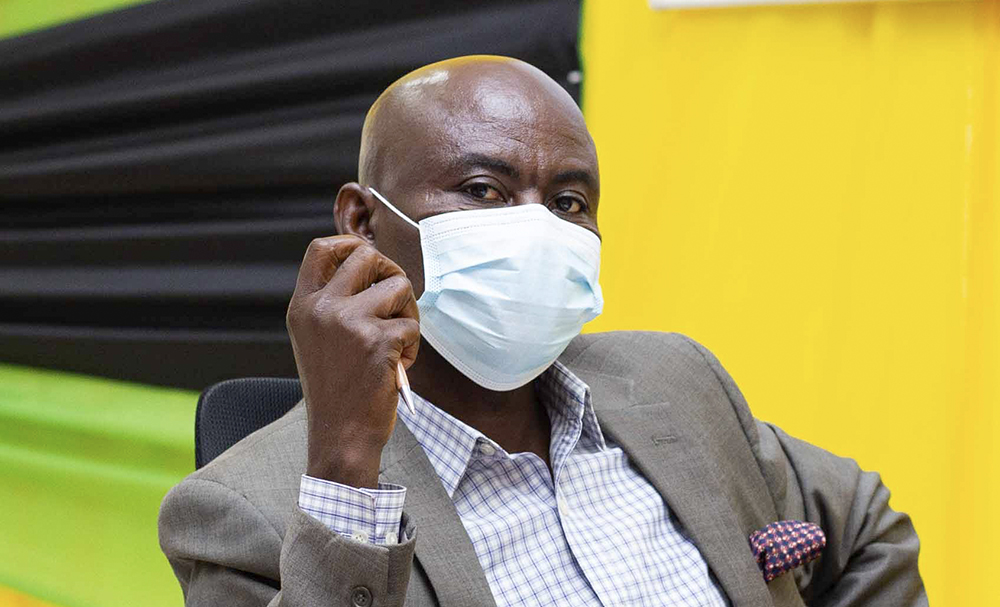
Dr. Chris Adomako-Kwakye, a Senior Lecturer of the Department of Commercial Law, further stated that the law must set criteria for determining unfairness in a contract, the Act must have remedies in favour of contracting parties who have suffered from unfair contract terms.
‘In any proceedings where the court is satisfied that a seller has breached Section 48 (1) of the Consumer Protection Act, the court may order the seller to restore money or property to the consumer, the court can order the seller to compensate the consumer for losses or expenses relating to the transaction’, he recommended.
Participants also called on the Law Reforms Commission to work closely with the faculty and subsequently call for a research paper that would assist the Commission in resolving issues governing unfair contract terms.
In response, representatives from the Law Reform Commission, Mr. Mark Ziwu (Head of Legal), Ms. Benedicta Johnson (Senior Law Reform Officer) and Mr. Ivan Akrobotu (Law Reform Officer) expressed appreciation to the faculty for their recommendations and submission towards actualising the project.
They assured that the recommendations outlined would be taken on board as the Commission is poised in engaging academia to proffer research response to their ongoing project.

